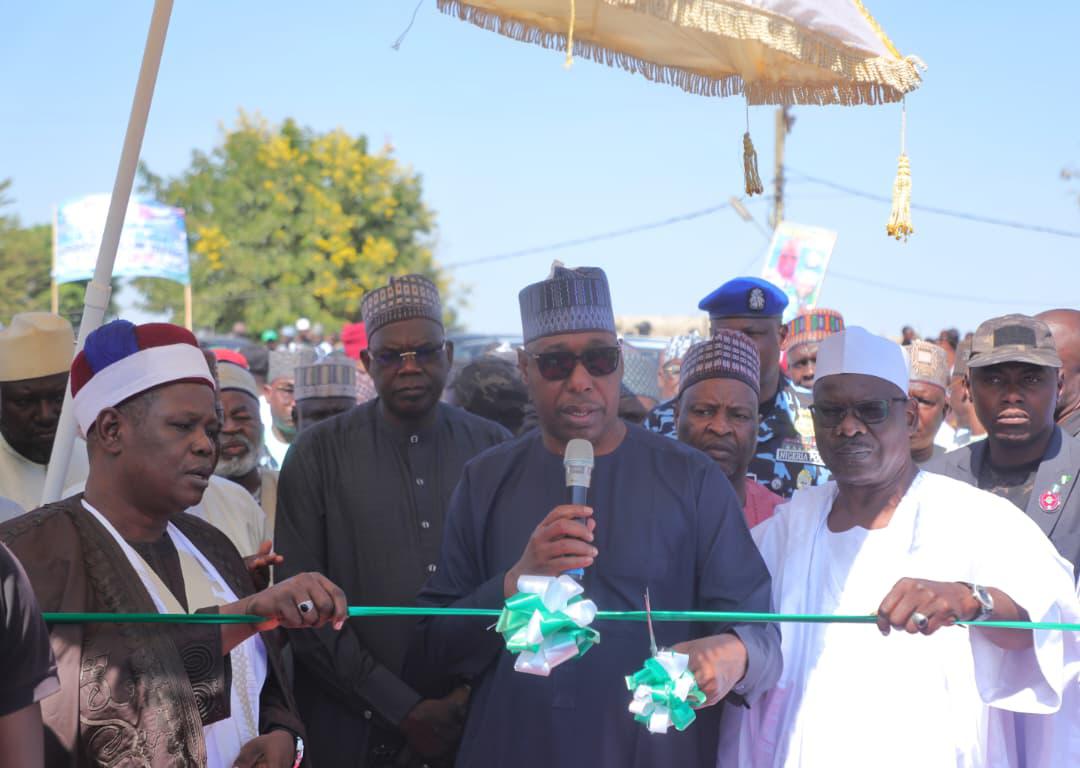The Civil Society Legislative Advocacy Centre (CISLAC) has raised fresh concerns that entrenched corruption in Nigeria is crippling the education sector and endangering the country’s future, urging urgent reforms to safeguard integrity in governance and institutions.
Speaking at the International Conference on Anti-Corruption hosted by the Faculty of Social Sciences, University of Lagos (UNILAG), in collaboration with PanAfricana Strategic and Policy Research Group (PANAFSTRAG) and CISLAC,
Executive Director of CISLAC and head of Transparency International Nigeria, Auwal Musa Rafsanjani, declared that corruption had become a systemic disease undermining governance, public trust, and development, with education being one of its most devastating casualties.
The conference, themed “Politics, Governance, Probity, Religion and Corrupt Behaviour in Nigeria”, drew leading academics, policy experts, and civil society advocates, with speakers unanimously warning that unless Nigeria confronts corruption head-on, it risks further weakening governance, eroding values, and intensifying poverty across the nation.
“Corruption is a major impediment to Nigeria’s growth and development. It distorts governance, undermines public trust, and entrenches inequality. But today, I want to specifically highlight the education sector, because if we fail to safeguard education, we endanger the future,” Rafsanjani said.
He stressed that corruption in schools from underfunding, mismanagement of resources, bribery in admissions, to “sorting” culture and contract inflation was destroying the ability of tertiary institutions to serve as centres of knowledge and innovation.
“If you want to cripple a nation, you undermine education,” he warned, questioning the conscience of leaders who enjoyed public education yet neglected their responsibility to make it affordable and qualitative.
Rafsanjani added that sexual harassment, which he described as “sextortion,” has become a prevalent form of gender-based corruption in Nigerian universities. He urged the urgent passage of the legal framework before the National Assembly to criminalise sexual harassment in tertiary institutions.
Beyond education, he called on the federal, state, and local governments to strengthen anti-corruption institutions, stressing that agencies like the ICPC and EFCC require both political backing and public trust to succeed. He also flagged illicit financial flows and money laundering as pressing threats draining resources from critical sectors such as education, healthcare, and infrastructure.
“As Nigeria’s national chapter of Transparency International, CISLAC has been at the forefront of evidence-based advocacy against corruption. We engage policymakers, legislators, and institutions to drive reforms,” he said, pledging CISLAC’s continued partnership with UNILAG and PANAFSTRAG in advancing the fight against corruption.
The UNILAG Vice Chancellor, Professor Folasade Ogunsola, who declared the conference open, described corruption as “abuse of entrusted power for personal gain,” insisting that favouritism also falls under corrupt practice.
“Corruption is a mindset. You are not a thief because you steal. You steal because you are a thief,” Ogunsola said.
Former Commander of the Nigerian Army Signals and DG of PANAFSTRAG, Major General Ishola Williams (rtd), lamented that corruption had become a norm in Nigeria, blaming lawyers, accountants, and media practitioners for enabling corrupt officials.
“We are in an era of human selfishness with greed. Everybody tends to say he has integrity but it’s a lie. Our Constitution should be changed to that of France where, once you are arrested you are guilty,” he said.
The keynote speaker and immediate past Provost of the National Anti-Corruption Academy, Professor Babatunde Babawale, aligned with Ogunsola’s position but added that corruption also occurs when public officers abuse their positions to benefit themselves or their cliques.
“When you become a public officer who does not need oversight and who then begins to do things anyhow without due process, corruption is knocking at your door,” Babawale said.






